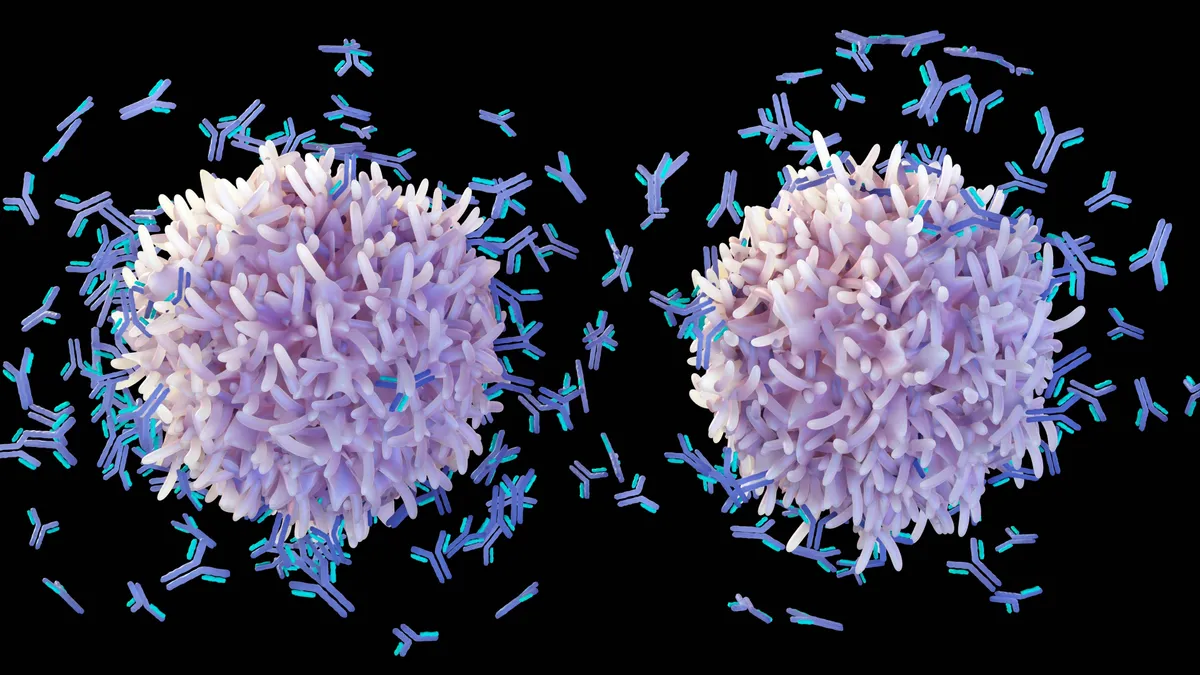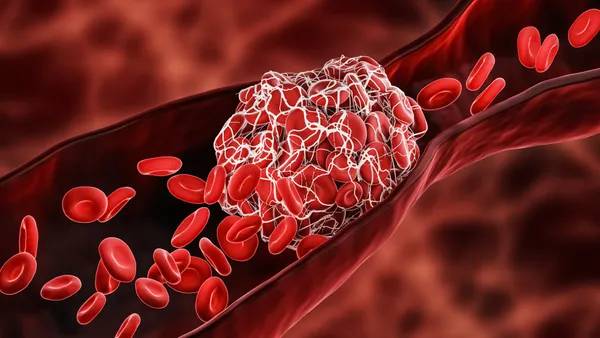Dive Brief:
- Vor Biopharma on Wednesday said a late-stage study run in China by its partner RemeGen succeeded, showing that treatment with an experimental drug called telitacicept helped reduce disease activity in people with the autoimmune condition Sjögren’s syndrome.
- Vor didn’t share any specifics, but noted RemeGen plans to ask China’s health regulator for approval of telitacicept in Sjögren’s. The fusion protein drug is already cleared there to treat lupus, rheumatoid arthritis and generalized myasthenia gravis.
- Shares in Vor rose by more than one-third Wednesday morning, but the stock is still worth less than a tenth of what it once was several years ago. The company laid off essentially all its staff in May, before pivoting into autoimmune disease via a licensing deal for telitacicept.
Dive Insight:
Vor hit reset in May, after nearly a decade of work on blood cancer therapies. The deal with RemeGen provided it an opportunity to reinvent itself as an autoimmune disease company built around telitacicept, for which it paid $125 million in cash and stock.
Its principal aim now is advancing telitacicept through a global Phase 3 trial in myasthenia gravis. But the drug’s apparent success in Sjögren’s may spur the company to start another late-stage study in that disease, too.
Investors have little to go off of in the meantime, however. Vor said detailed study results from the trial RemeGen ran would be presented at an upcoming medical meeting. The trial’s main goal tested telitacicept on an index that measures systemic disease activity. Treatment “demonstrated a favorable safety profile,” Vor said.
Telitacipcet is designed to inhibit two proteins known as BAFF and APRIL that are important for the survival of B cells. By blocking their activity, the drug is meant to reduce the number of self-targeting B cells in circulation, thereby lower production of the autoantibodies that are behind many chronic immune diseases.
Vertex Pharmaceuticals and Vera Therapeutics are also developing BAFF- and APRIL-targeting drugs, but are aiming first at a kidney condition called IgA nephropathy. And just this week, Novartis said a monoclonal antibody that blocks the BAFF receptor succeeded in two Phase 3 studies it ran in Sjögren’s.
Vor’s deal to license telitacicept was one of several dozen inked this year that brought drug candidates invented in China into the pipelines of U.S.- and Europe-based firms.














